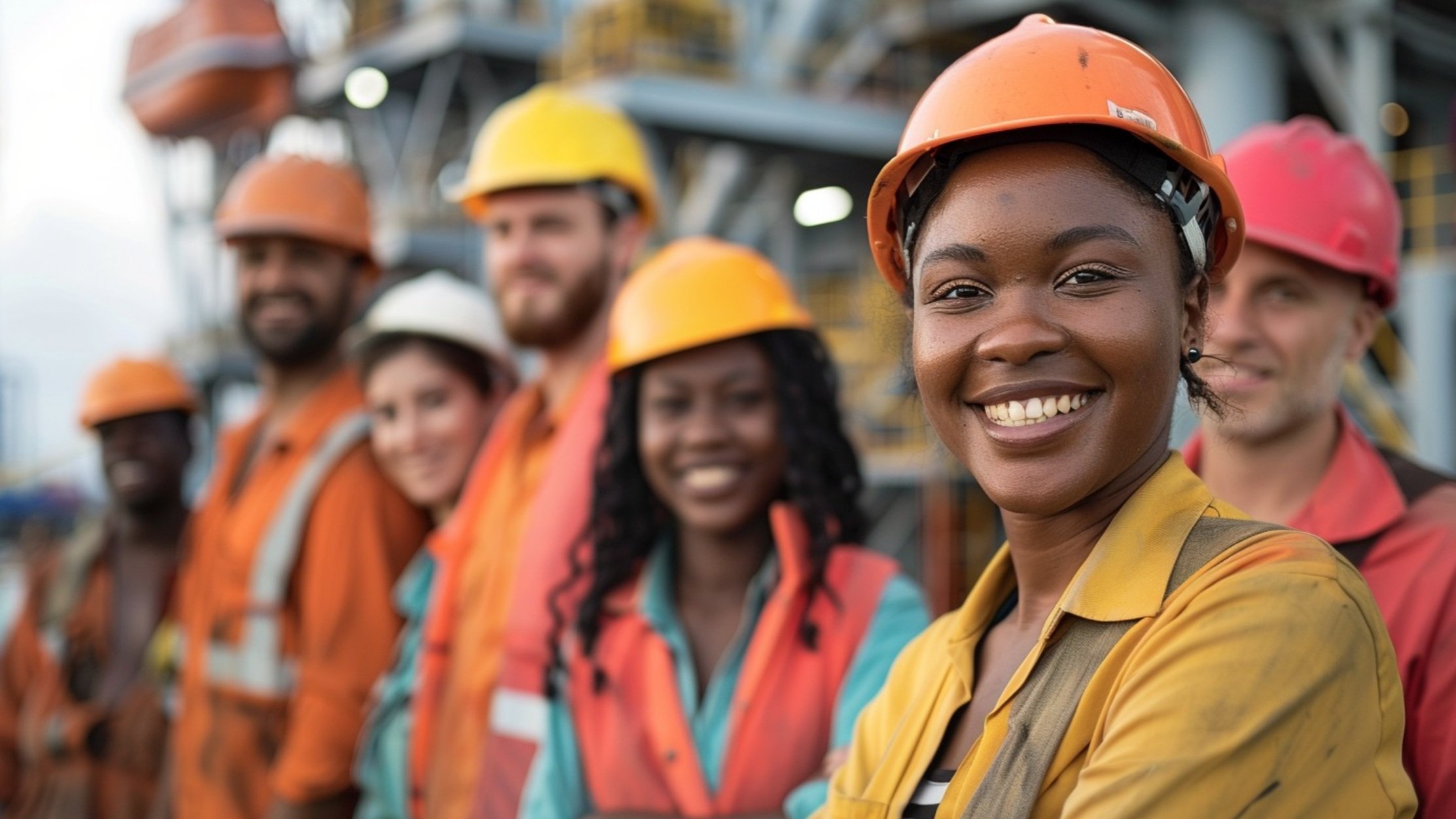Beyond the Surface: Understanding the True Meaning of Inclusion
Imagine a class of students is given the same pair of running shoes to prepare for a school race. That’s equality—everyone is treated the same. But some students have different-sized feet, and the shoes don’t fit everyone. On the other hand, equity would involve giving each student running shoes in their correct size, ensuring that everyone can run the race comfortably and fairly.
This simple example illustrates the difference between equality and equity. While equality focuses on treating everyone the same, equity ensures people have the resources or opportunities they need to achieve a fair outcome. This idea lies at the heart of Diversity, Equity, and Inclusion (DEI) in workplaces.
New Zealand’s Diverse Landscape
New Zealand is one of the most culturally diverse countries in the world. With over 213 ethnic groups represented in the last census, our nation is a melting pot of Māori, Pacific peoples, Europeans, Asians, and other cultures. This diversity enriches our communities and workplaces with a variety of perspectives, traditions, and skills.
However, embracing diversity is just the first step. To truly harness its benefits, we must create inclusive environments where everyone feels valued and supported. This is especially important as nearly a quarter of New Zealand’s population—1.1 million people—live with some form of impairment. Chances are, your workplace already employs individuals who could thrive even more with accommodations or inclusive practices.
The Benefits of DEI in the Workplace
When organisations prioritise DEI, they open doors to countless benefits:
Enhanced Creativity and Innovation: Teams made up of diverse backgrounds often produce more creative solutions, as varied perspectives challenge conventional thinking.
Improved Employee Engagement: People who feel included are more likely to contribute fully, boosting productivity and morale.
Better Financial Performance: Research consistently shows that diverse companies outperform their competitors in earnings and governance.
Increased Talent Pool: Inclusive practices attract skilled workers from underrepresented groups, addressing skills shortages in sectors like construction.
Challenges and Opportunities in the Construction Sector
The construction industry in New Zealand faces unique challenges. Skills shortages in areas such as civil and structural engineering mean many firms rely on migrant workers, with some companies reporting that half their staff are on work visas. At the same time, the industry grapples with high rates of mental health issues and suicide, particularly among young men.
This makes DEI not just a moral imperative but a practical necessity. Inclusive workplaces can become places of healing and support for individuals who may have faced marginalisation or personal struggles. For example, accommodating mental health needs through flexible policies or fostering a culture of openness can save lives while improving overall team wellbeing.
Building an Inclusive Future
Developing strong DEI practices requires effort and commitment. As one expert put it, “DEI is a journey, not a race.” Organisations must assess where they currently stand, identify their priorities, and take meaningful action to foster equity and inclusion.
Here are some steps businesses can take:
Start with Leadership: Inclusive cultures begin at the top. Leaders must champion DEI and model inclusive behaviours.
Create Pathways: Develop training and mentoring programs to support underrepresented groups, including women, Māori, and Pasifika workers, in advancing their careers.
Accommodate Needs: Ensure workplaces are accessible and adaptable, whether that means providing physical aids or supporting mental health initiatives.
Foster Conversations: Openly address issues like racism, bias, or inequity, even when these conversations are uncomfortable.
Measure Progress: Track DEI efforts through regular assessments and adjust strategies to ensure continuous improvement.
Overcoming “Tradition”
In New Zealand, Māori and Pasifika workers make up a significant portion of the labour force in industries like construction, agriculture, and manufacturing. Despite their crucial contributions, they are often concentrated in menial or entry-level roles with limited opportunities for advancement. This is largely due to systemic barriers such as:
Unconscious bias
Lack of access to professional development
Limited representation in leadership
These challenges hinder not only the individual growth of Māori and Pasifika workers but also prevent organisations from fully benefiting from the diverse perspectives and leadership these workers could offer. Embracing Diversity, Equity, and Inclusion (DEI) practices can help overcome these barriers, ensuring fair access to career pathways and fostering more inclusive, equitable workplaces.
Additionally, stereotypes such as those about Tongans and Samoans not being able to work together often stem from cultural misunderstandings and historical biases. These assumptions can create unnecessary divisions, despite both groups sharing common values such as family, community, and respect. In New Zealand, where many Tongans and Samoans work in sectors like construction and manufacturing, these stereotypes:
Undermine team cohesion
Hinder collaboration and performance
By fostering inclusive practices that celebrate cultural diversity and encourage mutual respect, organisations can challenge these outdated notions, unlocking the collective strengths of these communities. Breaking down these stereotypes not only strengthens workplaces but also contributes to a more unified society.
Why DEI Matters Now More Than Ever
As global economic trends shift and populations become increasingly diverse, businesses that fail to embrace DEI risk being left behind. In contrast, organisations that build cultures of inclusion position themselves as safe, desirable workplaces where people thrive.
New Zealand has an incredible opportunity to lead by example. By embracing diversity, practising equity, and fostering inclusion, we not only strengthen our communities but also create workplaces that drive innovation, resilience, and success.
Together, we can ensure that everyone has a fair shot at being a winner in the race.


